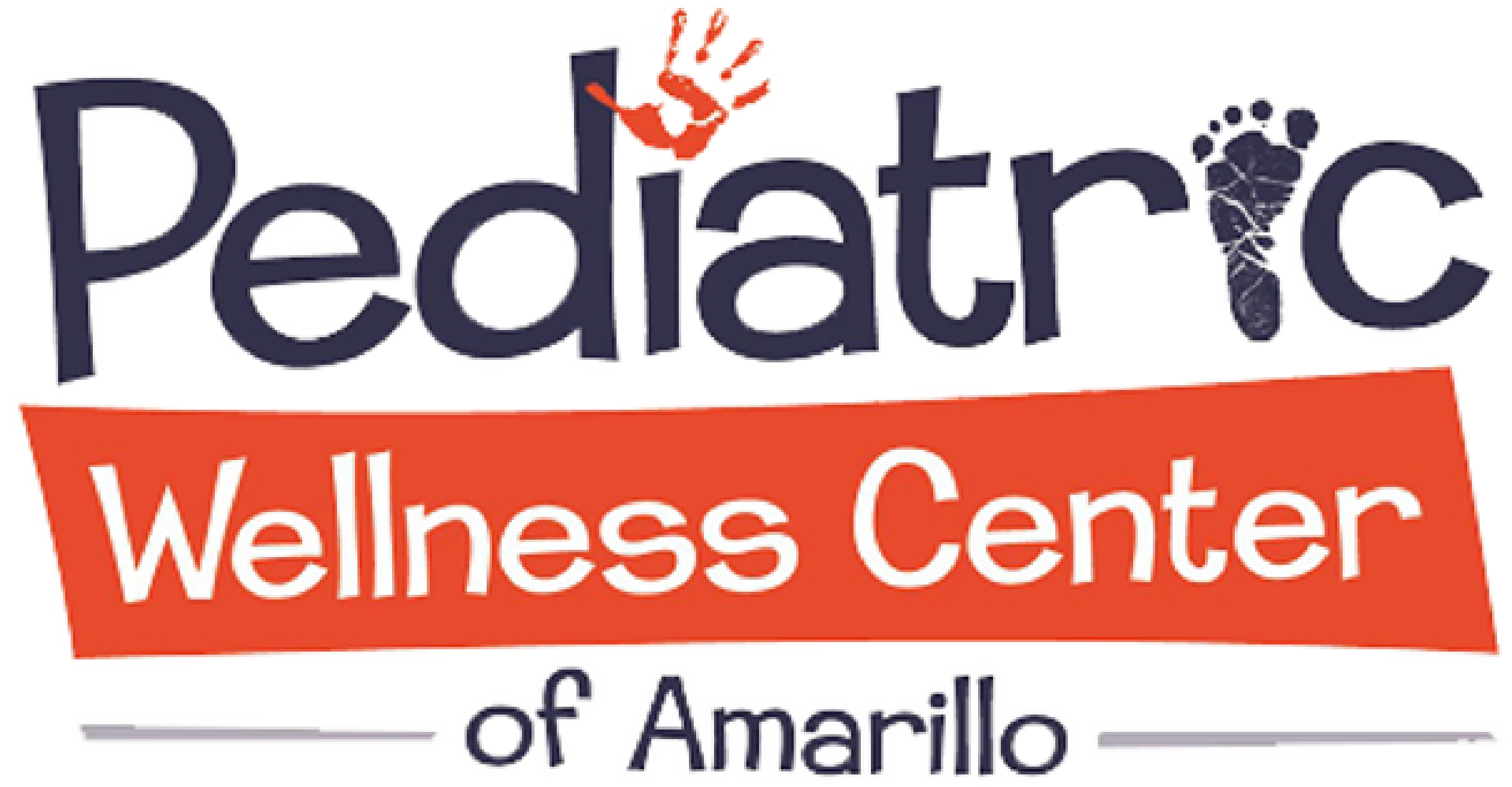During the fall and winter months, many children come down with a head cold that results in a cough. Coughing can be uncomfortable and downright irritating if it persists or keeps you and your child up at night. A cough can be very distressing to parents especially if it interferes with daily activities and disturbs both the parents’ and child’s sleep. However, coughing is how the body expels all the bugs that make us sick and helps clear out phlegm that clogs the breathing tract.
not feeling well?
Cough, congestion, snotty nose
Cough
While coughing may be a mere troublesome symptom without any serious consequences, ignoring cough that may be the sole presenting symptom of an underlying respiratory disease may lead to delayed diagnosis and progressions of a serious illness or chronic respiratory disease. However, in most children a short-term cough is usually due to a viral upper respiratory tract infection (URTI) such as a simple head cold with bronchitis or croup. It is estimated that school children typically have a cold 5-7 times per year, while those under 2 years of age often have up to 10 colds per year. Less often, but still common, pathogens can involve the lower respiratory tract system causing bronchiolitis, whooping cough, or pneumonia.
Congestion & Snotty nose
Got goop? There’s not a kid around who won’t get through her early years without suffering at least a few dozen colds — and that means congestion, which usually can be identified by that lovely stuff streaming from her nostrils (or gunked around them).
The clear favorite here is your typical, run-of-the-mill, ordinary cold virus. Babies may get colds once a month on average, or about 10 to 12 times a year (more in the winter, less in the summer). One typically lasts a week to 10 days, and sometimes they’ll just run into each other — so it can seem like one cold is sticking around forever, when really it’s a few of them back-to-back. Allergies can also cause a runny nose, usually with clear mucus instead of the green or yellowish stuff that can come with a cold. A bacterial infection can also develop with a runny or stuffy nose.
When do you need to be concerned?
Even though most colds do get better on their own, we recommend making your child an appointment if you have any concerns about breathing, worsening cough, fever longer than 72 hours or starting in the middle of the illness, symptoms longer than 10 days without improvement, ear pain, disrupted sleep, or not eating or drinking. Infants 2 months and under should be seen if you have concerns that they have a cold. Additionally, if your baby is so miserable that eating and drinking becomes a problem (and your baby is showing signs of dehydration: e.g. not having a wet diaper for six or seven hours or if your baby becomes lethargic or isn’t producing any tears), please make an appointment.
What can you do to treat your baby’s runny or stuffy nose?
Unfortunately, cold medicines for babies and toddlers are a bad idea. The medicine won’t make the virus go away any faster, and it can actually do some harm. But there are some simple ways to make your tot feel better. Put a few saline drops in the nose to help loosen up some of the mucus (or if you are breastfeeding put a few drops of breast milk in each of your baby’s nostrils as breast milk has lots of antibodies for many of the pathogens causing colds) – then gently suck out any excess snot with a bulb syringe to help clear out the passageways. Put a humidifier or cool-mist vaporizer in the baby’s bedroom; it will add moisture to the air and help your baby breathe more easily. Finally, try elevating the baby slightly in its sleep, either by adding a crib wedge under the mattress or by holding the baby during a snooze (remember, avoid pillows in the crib)!

